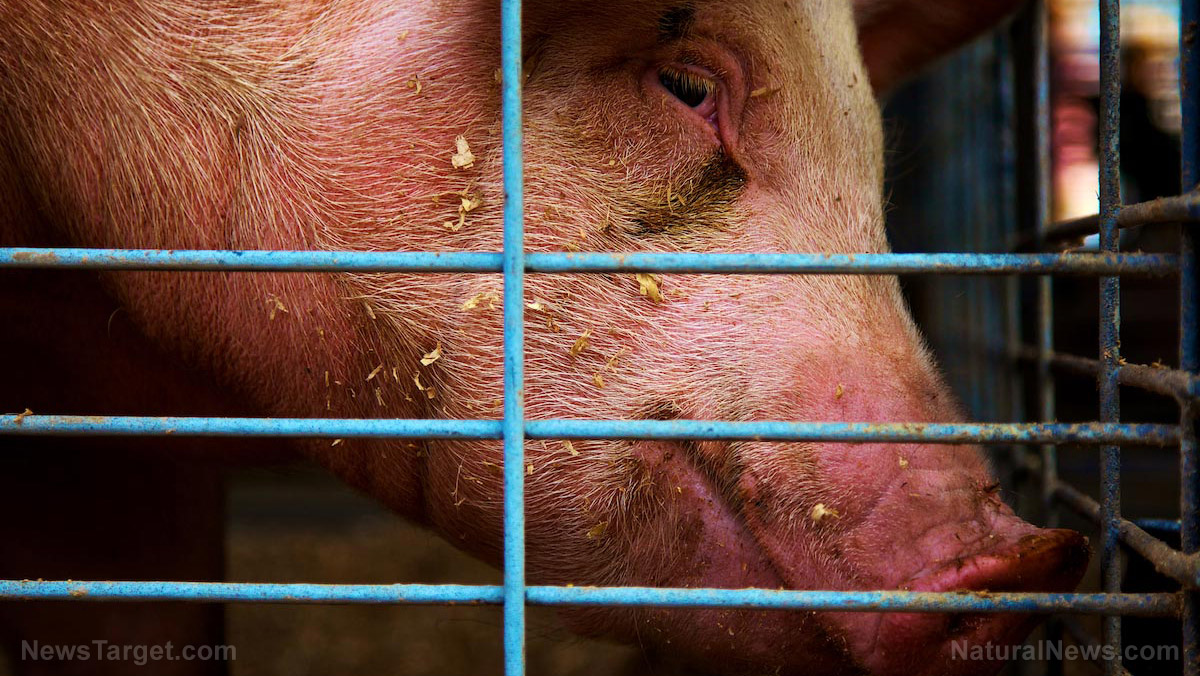More European countries ban GM crops
08/31/2015 / By Chris Draper

More countries are abandoning the GMO bandwagon. Germany announced that it plans to ban genetically modified (GM) crops just weeks after Scotland made the same announcement.
Scotland was the first country to pursue a ban under new European Union (EU) regulations that allows states to opt-out of growing GM crops. Scotland decided to ban GM crops in order to preserves its “clean and green brand.”(1)
The Scottish government has long been concerned about the environmental impact of GM crops. Scotland’s ban includes an EU-approved GM maize, as well as six other GM crops. However, the ban does permit the use of GM plants for scientific purposes.(1)
Germany is now following in the foot steps of Scotland, announcing that it will implement that EU’s new rule as well. The announcement was applauded by the Scottish government.
“Like Scotland, the German Government recognizes the importance of protecting its food and drink sector and keeping its environment clean and green,” Rob Gibson, a SNP Member of the Scottish Parliament, said in a recent statement.(2)
Efforts to ban GM crops in Germany were in part fueled by 100,000 German beekeepers pleading with its agricultural minister to implement the new law. The pesticides used on GM crops are toxic to bees, which are responsible for pollination. Without pollination, plants are unable to reproduce, which could lead to the entire collapse of the food chain.(2)
Although widely used in the United States and Asia, GM crops are a polarizing issue in Europe. Approximately 64 countries in the world require GM labeling laws, including 28 nations in the EU. Countries have until Oct. 3, 2015 to decide whether they want to opt out of the new EU cultivation proposals.(2,3)
In the meantime, the United States continues to lag behind the rest of the world, cultivating GM crops on a mass scale.
Sources include:
(1) TheVerge.com
(2) EcoWatch.com
(3) Reuters.com
Tagged Under:


















